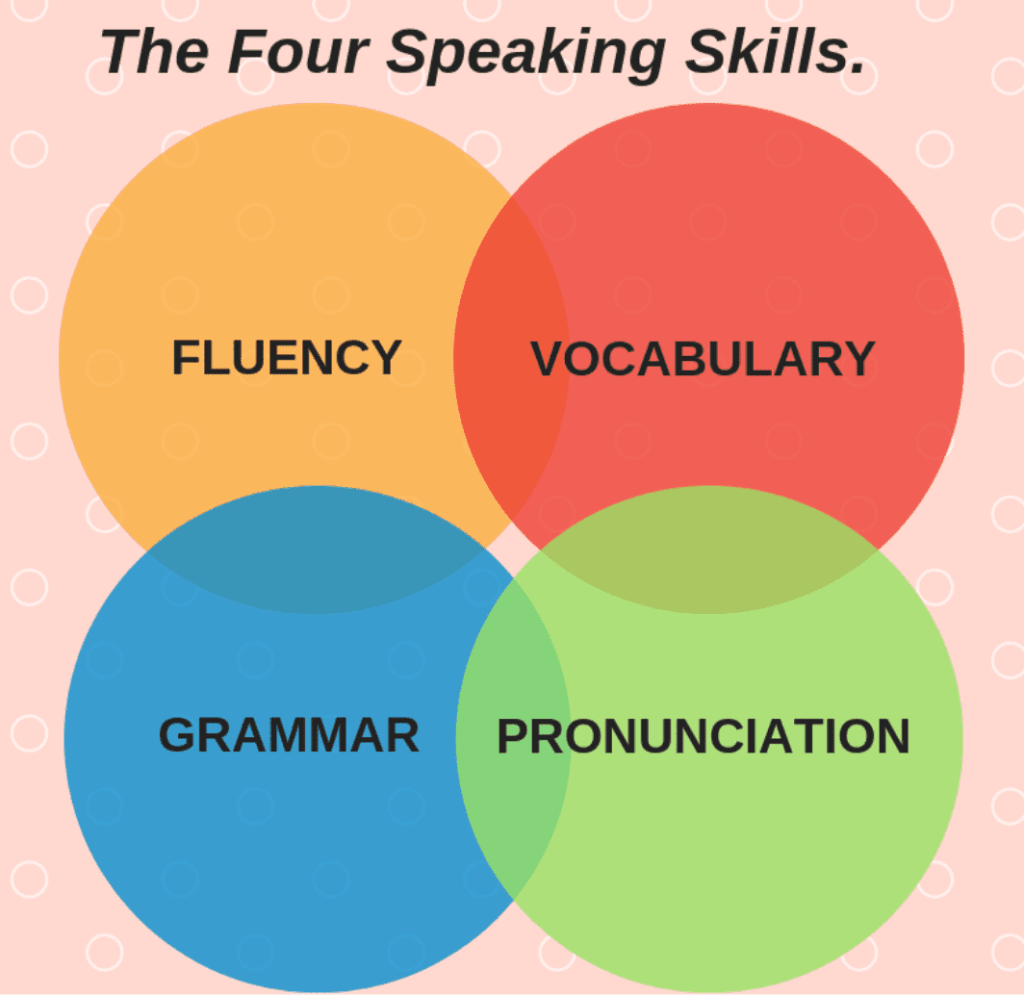5 Ways to Ace Communication in English

Have you ever entered a party and felt jitters at the thought of having to speak to people? That’s okay, because we have too! Socialising might not come naturally to us all but communicating is a skill that we all must try and imbibe.
Now, communicating in English is the need of the hour when it comes to the corporate and social world.
One Language to Connect Us All — Why English?
English, for multiple reasons, is a universal language that is spoken by billions around the world. Even in a country such as India where it is not the first language of the majority of the population, most of us learn it from a young age and consistently strive to be better at it.
Across the board, English is the go-to language for business, commerce, education, and artistic expression, and being good at it is quite an advantage! A person who is adept at communicating in English stands to benefit not only in a personal sense but also boost their chances of doing well in their career, as compared to their peers.
It is easy to see why having good communication skills in English is seen as an asset. It sets you apart from the crowd, especially since there are quite a few common mistakes that many people make such as grammatical and spelling errors.
Keeping all of this in mind, let’s look at some tips that may help you iron out these irregularities and enhance your English communication skills.
Speak Slowly and Use Fillers, if Necessary
Slowing down while speaking makes a conversation much easier and more flowing. It gives you extra time to choose your words, gather your thoughts and give the best response. Secondly, you may be fluent in English but the person you’re speaking to may not be that well-versed in it. Talking slowly gives them more time to understand what you’re saying and reduces the scope for misunderstanding.
Fillers are words and phrases that don’t really add any meaning to the conversation itself but rather function as devices that give you more time to switch from one part of your speech to another. They serve a similar purpose as speaking slowly which is to give you a bit more time to gather your thoughts. Examples of fillers are, you know what, to be honest, actually, basically, etc. Don’t overdo it though as this may make you come across as lacking in confidence or nervous.
Ask Questions
The enemy of successful communication is a misunderstanding. Sometimes in the course of a conversation, you may lose focus or get distracted which could lead to you not fully understanding what the speaker is saying. This can also happen if the speaker is being vague or unclear with their message.
In such a scenario, you should address the matter by simply asking them about the part you didn’t understand or asking them to repeat the entire message. It is crucial that you clarify these things to avoid any scope of miscommunication.
Work on your Body Language
Having appropriate body language is essential for flawless communication. In addition to your words, your body speaks as well and it is crucial for those two to be consistent with each other. Your posture, hand gestures, the direction you’re looking in, your stance, etc., all need to be in line with the words coming out of your mouth as it determines someone else’s perception of you.
Having a positive body language trait such as maintaining eye contact while speaking and having an open stance is going to instil confidence in the mind of the listener as it shows a level of competency and command over any given situation. This boosts engagement and the more that happens, the better the conversation.
Use Appropriate Language
Every language, including English, has different words and mannerisms which dictate the nature of a conversation. In a professional setting, you are expected to speak in a formal manner while in a friendly one, you can get away with using slang and casual remarks. This is a crucial aspect of communication as you need to be able to make this switch depending on the situation.
A good way to learn the relevant words and phrases that will help you develop both aspects of the language is to watch English movies and TV shows, especially from the countries that use it as a first language. These media offer a glimpse into how true natives speak the language in terms of formality, slang, and vocabulary. You can then incorporate these bits into your spoken English and build on it.
A bonus tip – Record and later on, play back your conversations to identify any mistakes in pronunciation, vocabulary, or otherwise to work on them and fix them gradually.
Practice Empathy
Empathy is an incredibly inherent and essential aspect of a satisfactory conversation. It is the ability to understand someone else’s perspective regardless of whether you agree with it or not.
Any form of communication you are involved in has the goal of exchanging information with a focus on understanding the meaning of the message and the thoughts of the person conveying it. The role empathy plays in achieving this is to make us have an open mind and suspend judgement until the other person is done speaking. This removes any preconceived notions and biases we may have and leads to more effective communication.
What are the ways in which you can improve?
If you’re looking to improve your communication skills, here are a few resources that will surely help you!
Try to read at least 10 pages of any book every day. Pick up books about topics that you’re interested in, and practice reading daily.
Public speaking may seem a little scary, but there’s no better way to build good communication skills. Enrol for courses on platforms like Udemy and Coursera to master public speaking and effective communication.
If movies and music hold your interest, watch movies in English or listen to podcasts (click here for relevant ones) that help you master your grasp on the language.
It takes practice to get better at communication. Speak to your friends in English, and ask them to correct you if you’re going wrong. e) Here are a few things you can consider to improve your reading:
– Reading Online
Medium.com • Upworthy • Agenda Blog • Harvard Business Review • Wallstreet.com • Indian Express • Hindu • Mint • Quartz • NYtimes • Economist
– Reading Offline
Outlook • Business Insider • India Today • Business World • National Geographic Magazine • Short Stories • Books and Novels
– Vocabulary Building
Vocabulary.com • Lexipedia.com • Dictionary.com • Word Power Made Easy by Norman Lewis • Wren and Martin (Grammar) • Word Per Day Application • Magoosh Application
If you’re worried about making mistakes while talking to people, try to practise the conversations first by looking up conversation starters online.
Improving your English communication skills is an activity one needs to actively partake in. The confidence you get from having command over English not only adds to your personal life but also opens up a lot of doors for your career.
One of the ways you can utilise your English language communication skills is to become a content writer. Here’s a blog to walk you through the ins and outs and job prospects of writing!
If you’re still unsure about building the right skills for your career, take the Mentoria Assessment and let career experts help you right away!







